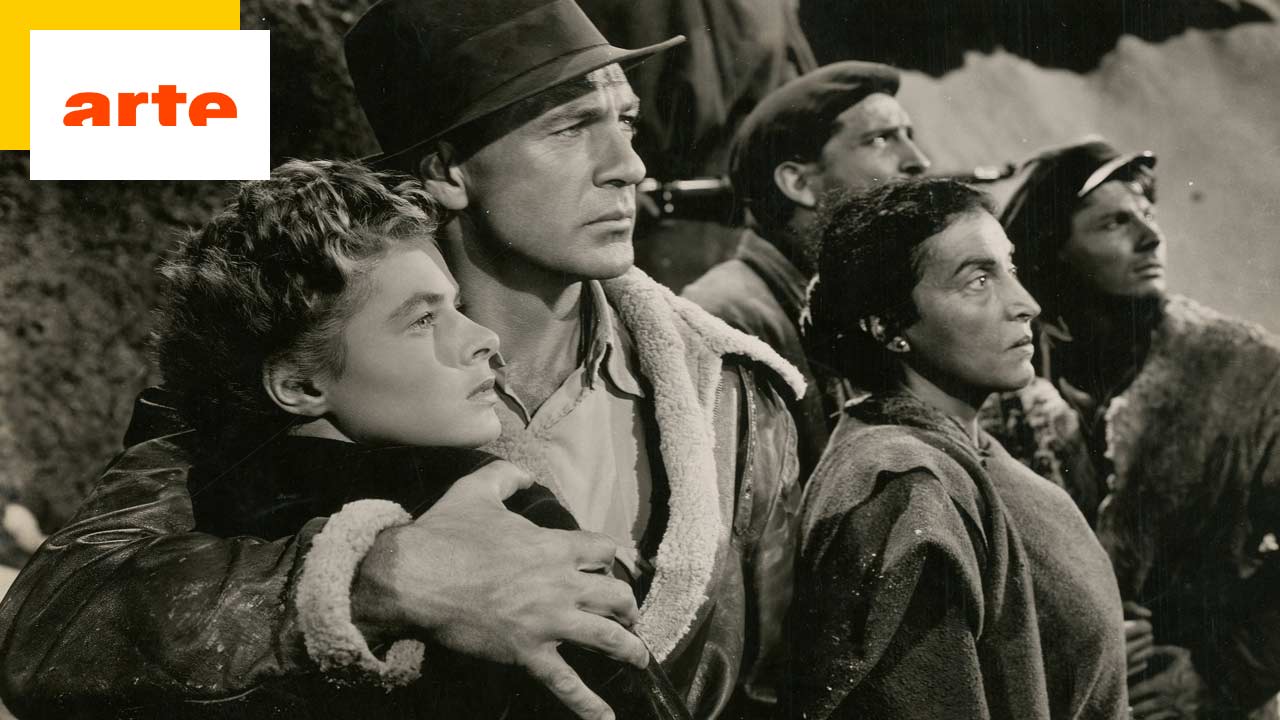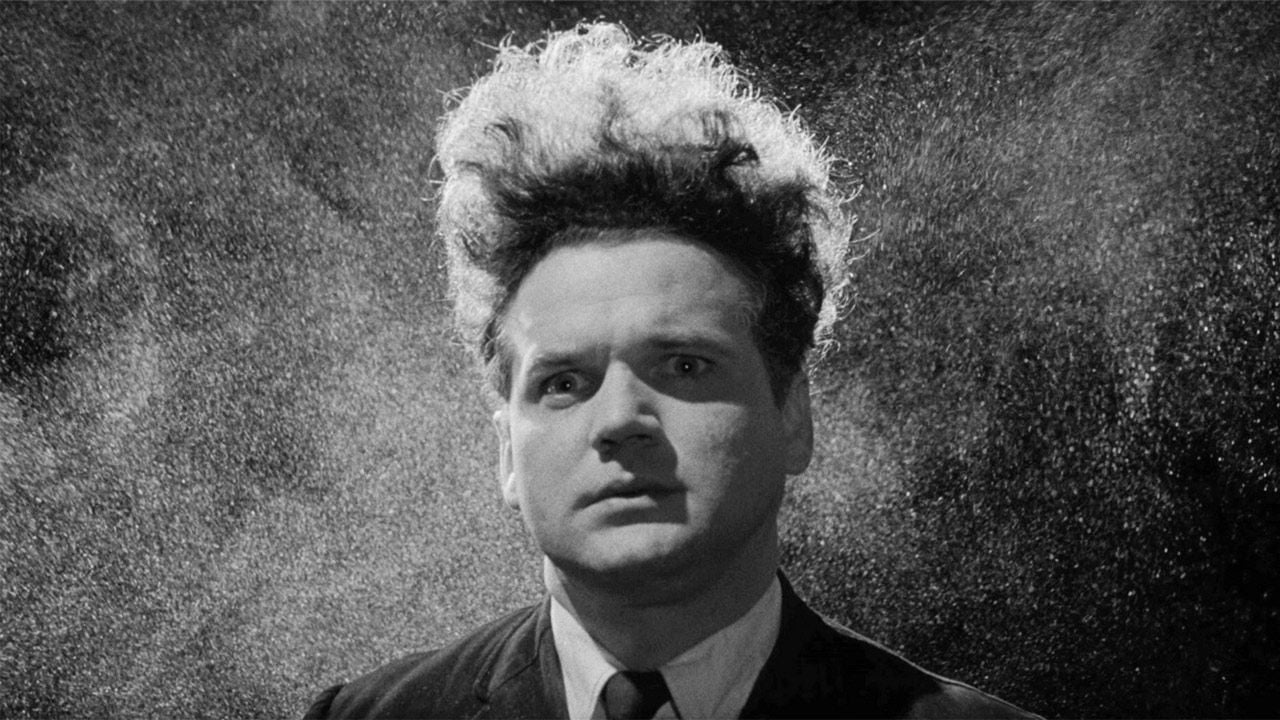Adapted from Ernest Hemingway’s novel that covered the Spanish Civil War, “For Whom the Bell Tolls” was not well received by Franco’s dictatorship, which sent its diplomats to pressure Hollywood to change the film’s script.
On Spanish Night, in the middle of the Civil War, a train exploded. Two men run, soldiers on their heels. One of them was hit. To save him from falling into the hands of the enemy, his companion ends him.
The latter’s name is Robert Jordan, he is an American and fights with the Republicans. His next mission: blow up a bridge during a major attack on Franco’s troops. In the mountains, the “Ingles” join a group led by a woman, Pilar. This took young Maria, whose parents were killed by the Francos. Robert and Maria fall in love…
How do you translate the idealism and dark romanticism of Ernest Hemingway’s For Whom the Bell Tolls on the screen? Paramount, which bought the rights to the book, wanted to turn it into a melodramatic blockbuster set in California’s Sierra Nevada. And did much to ignore the political context; Background necessary for work.
Hollywood favors the dictator Franco
Ernest Hemingway was a great writer, future laureate of the Nobel Prize for Literature in 1954, along with Andre Malraux or his colleague. John Dos PassosHighlighted on the left are some of these writers who participated in the civil war that ravaged Spain from 1936-1939.
Moreover, in varying degrees of loyalty: if Malraux committed himself with the Republicans by buying weapons and even commanding a squadron, Hemingway covered the war as a journalist.
The Generalissimo and the dictator Franco, who ruled the country with an iron fist until his death in 1975, logically despised Hemingway and his writings, to the point that his works were banned. He even lobbied to change the script of a film produced by Paramount. And Hollywood at that time was not completely insensitive to the demands of the Spanish head of state…
Newspaper article El Pais, dated 2013, tells us this interesting anecdote. An American scholar named Douglas LaPrad, author of a 1988 dissertation on the banning and censorship of writing under the Franco regime, noted in his research that the regime’s censorship services assigned consuls to the Spanish as well as the United Ambassadors. States to put pressure on Hollywood to make changes to the movie’s script.
They insisted, for example, on removing the words “Falangists” or “fascists” from the dialogues and replacing them with the word “nationalist”. Where Hemingway referred to “loyal republicans”, Franco’s diplomatic delegation preferred to speak of “reds”. This is immediately clear…
José Félix de Lequerica, Franco’s foreign minister and future Spanish ambassador to Washington, blamed the scenario. For whom the bell tolls from “Presentation of historical facts in a distorted form”.
It is known that Hollywood studios were inclined to meet Franco’s demands. Explained at the university. “He had a lot of support in the United States, they didn’t want another enemy in Europe. You have to keep in mind that the war was going on against Hitler and Mussolini and they didn’t want to open a new front. “.
Released in 1952, when America was under the threat of McCarthyism and anti-communist paranoia, Henry King’s The Snows of Kilimanjaro was mutilated by the censorship shears, much to the satisfaction of Spanish diplomats. For reference, the film was an adaptation of a story written by Hemingway.
Consul in the United States of America, Jose Perez del Arco, expressed this reservation regarding this film: “After reading the script, as expected, it retains the old terminology of ‘loyalists’ and ‘rebels’ and presents the Spanish red zone in a distorted way, as it has been presented in many novels and films in this country. A number of revisions were made to the script to focus on historical truth.”
Also, what did Hemingway think about all this obscurity and the Franco government’s obsession with his work? “He didn’t care. He made so much money and was so famous.” Douglas Laprad concludes.
Source: allocine
Emily Jhon is a product and service reviewer at Gossipify, known for her honest evaluations and thorough analysis. With a background in marketing and consumer research, she offers valuable insights to readers. She has been writing for Gossipify for several years and has a degree in Marketing and Consumer Research from the University of Oxford.







